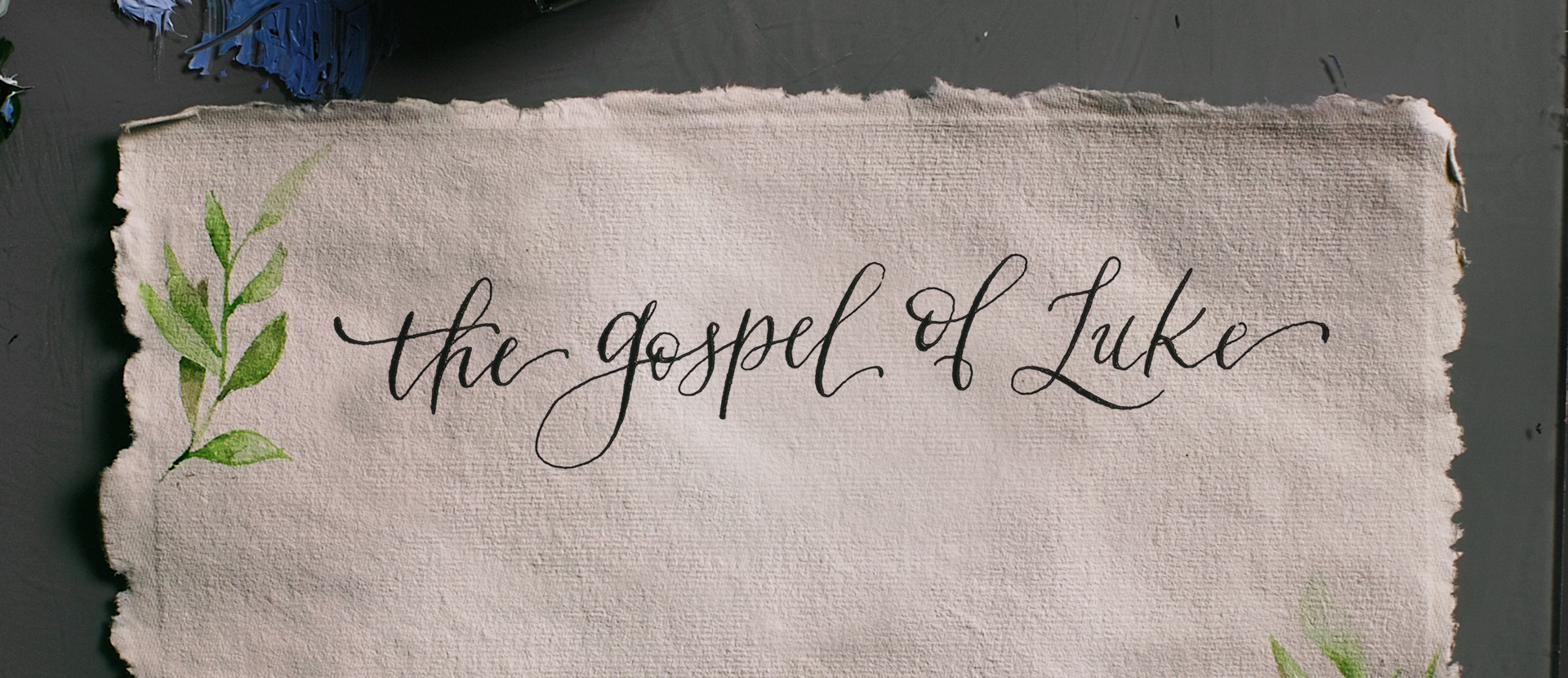Our sermon series The Gospel of Luke, Part II: A Journey through Galilee picks up this week in Luke 7:18-35 where, from prison, John the Baptist sends his disciples to Jesus to ask, “Are you the one who is to come, or are we to expect someone else?” John clearly does not doubt Jesus as a truth-sayer, teacher and prophet, but he is expressing questions about whether or not Jesus is the Messiah (Keener). By documenting John’s questions, Luke provides hope and direction for us today. We can come to God with our questions, and we can trust God’s long-term plan for His Kingdom and purposes.
Jeff’s Main Points
From Luke 7, Jeff outlined three possible responses to Jesus as Messiah:
- The Mighty Oak (those with unwavering faith)
- The Bruised Reed (those with humble doubts)
- The Childish Games (those with willful unbelief)
Key Takeaways
- John the Baptist testifies about Jesus and humbly prepares the way of the Lord never claiming to be the Messiah but always pointing others to Jesus.
- “Faith is to know and obey God regardless of feelings, circumstances, and cultural pressure.” -Ken Horton
- When winds like a hurricane blow in our lives, when things happen that we do not understand, is our faith like a mighty oak or a bruised reed? God does not discard or overlook the bruised and the weak, rather, Jesus is tender and has great mercy. (Isaiah 42:3, Psalm 91:4, Psalm 40:11)
- From prison, John the Baptist is given reports about Jesus’ continued work and miracles. (Luke 7:21-23)
- In Luke 7, we once again see a reversal of what we might expect about the Messiah and His Kingdom.
For those like the bruised reed, there is yet encouragement in our doubts and discouragements:
- We are in good company (ex. John the Baptist doubted yet he is described as being the greatest “among those born of women”)
- We can take our doubt straight to Jesus (ex. John the Baptist directly asks, “Are you the one?”)
- We can dig deeper into Scripture (ex. Jesus says, “Go back and tell John what you have seen and heard.” You can think about your own history with God and remember what He has done. You can evaluate your heart to see if you are worshiping the God of Scripture or some other god you’ve created.)
- We can share our doubts with Godly people (ex. John the Baptist shared his questions with two of his disciples who then went to Jesus on his behalf.)
- We can trust the long-term plan of God (ex. John the Baptist is in jail, but we see that Jesus is still at work healing and drawing people to himself.)
Discussion Questions/Application
Personal application:
- Reflect on which response you have to Jesus as Messiah (unwavering faith, humble doubts, or willful rejection). Read through Psalms 51:10-12. Pray and worship along with this pleading Psalm of David.
- Take heart in the presence of your Lord and Savior.
Discuss with your community group:
- Jeff asked the church if we are expecting God to do our business or asking to be a part of God’s business and to do His will. How does this play out in your life? What business tends to capture your heart and take priority in your life?
- What doubts or discouragements are you currently experiencing in your life? Share with your group and take time to pray for one another.
Passages Referenced
Luke 1:3-4, John 1:27, 29, Luke 3:7, Isaiah 42:3, Isaiah 61, John 10:10, Acts 19:1-4, Luke 7:18-35
Worship Set List
No Other King, Life Defined, Yet Not I But Through Christ In Me, At the Cross (Love Ran Red), You’ve Already Won
Works Referenced within this Guide
Keener, Craig. The IVP Bible Background Commentary: New Testament, Second Edition (IVP Academic: 2014), 198.
